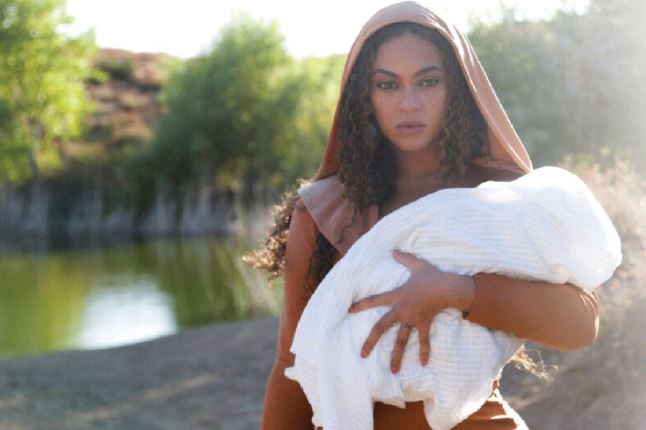Expressions of Black culture have long dominated the art and entertainment scene for decades. Fierce, bold proclamations of Black power overtook the ’60s, and a transformation of hip hop helped to convey the harsh realities of Black experience in the ’80s. Stepping into a more modern era, society finds similar issues making its way into the forefront once again.
Enter Beyoncé’ Knowles-Carter, a bigtime superstar who has impressed the world through her strong work ethic, talent and skill. The 38 year old has gradually worked to being one of the musical voices for the Black community. Now, with her latest masterpiece titled “Black is King,” not only is she proclaiming Black lives matter, but she’s also helping to celebrate those lives and reconnect to their roots.
Content young Black children need
“Black is King,” is a feast for the eyes, with its special effects and colorful landscapes. It’s content like this that La’Keisha Gray-Sewell likes to show the girls in her program, Girls Like Me Project in Chicago. Her girls are between the ages of 11 and 12, and work to dissect media and digital storytelling as a way to empower themselves.
Ms. Gray-Sewell says strong and powerful images like this could help girls overcome the negative images they see about themselves.
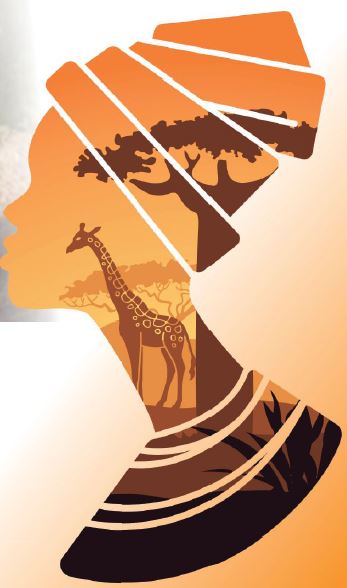
“This will completely transcend that, and it will offer to them a new belief of who they are,” she said. “It offers an authentic reflection, not the commercialized reflection.”
The authentic reflection she’s referring to is the locations where Beyoncé’s visual project was filmed, the African-inspired fashion and sounds of the Diaspora. The production team traveled to South Africa, Nigeria, Ghana, Belgium, the United States and the United Kingdom, giving viewers a taste of each landscape and culture throughout the film.
The impact it’s had on Black children since its release on Disney Plus on July 31 is evident. Already, there are several videos with Black children recreating the dances seen in the film, including one that went viral of a six-year-old dancing to “My Power.”
The fashion is one of the things 11-year-old Bella Werner enjoyed about the film. She saw it for the first time on August 7, as part of a screening Girls Like Me Project held for the girls in the program. “I thought it was cool. It was some parts that I liked and some parts that I didn’t get,” she expressed. “I liked the costumes and the hairstyles. It made me feel good to [see] my culture and my people.”
Some of the things Ms. Bella didn’t understand included paint and clay being put on the faces and bodies of many people in the film, which her father, Toussaint Werner, spent time explaining to her.
“As we get further away from the trajectory of what our history is, what are we left with? Who are we once we’re separated from that?” he said. “To be moving without that historical understand is very foolish.”
Mr. Werner said he finds it important for his daughter to see images that support her self-esteem and growth.
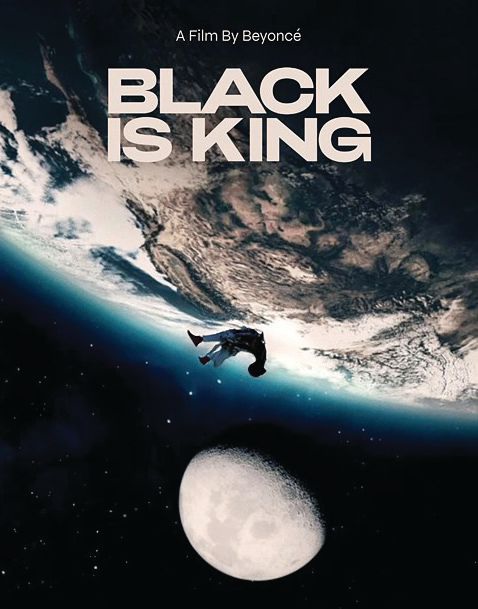
“I’m a father of a little girl, so at the end of the day, I’m very conscious of statements I make about beauty, very conscious of her own under-standing of her place in the world,” he said. “Always enforcing how beautiful she is, and I know she questions that sometimes.” Another thing that stuck out to Ms. Bella, was that she got to see a different side of Africa. “I liked that they showed the good parts of Africa,” she said. “Especially in school when we have to watch documentaries about Africa, they only go to the really bad, really poor places.”
The different women she saw in the video, the beautiful images and different poses and ways, that were expressed, resonated with Carla Morrison, founder and executive director of Sisters of Today and Tomorrow, a mentoring group based in Atlanta. “[Beyoncé] was uplifting sisters, you know, talking about their skin tone being dark. I think that it can be an inspirational tool; it can be something that can make girls feel good about how they look, whatever complexion that is, and body shape as well,” said Ms. Morrison.
Ms. Gray-Sewell says Beyoncé didn’t make the greatest impact on her own. “More than seeing her, I think all of the other representation that’s in ‘Black is King,’ I think that is far more powerful,” she said. “The fact that she showcased all hues of blackness, the fact that she showed Black women with our natural hair in our natural environment, loving one another in sisterhood and sisterhood rituals. I think that’s far more powerful than her as an individual and what she symbolizes.”
A 2019 study published by Scholars Strategy Network found that prolonged television exposure can result in a decrease in self-esteem for all girls and for Black boys, but an increase in self-esteem for White boys. The study goes on to say that this is because Hollywood predominantly casts White men as heroes, while portraying other ethnic groups as villains, sidekicks or sexual objects.
Ms. Gray-Sewell says if there was more content to combat these ideas, it would help Black children know how valuable they are. “If collectively this is what all Black girls were digesting, then they would feel so powerful …,” she said. “Even though the title is ‘Black is King,’ [Beyoncé] really was saying that the Black woman births the Black king. The power is the Black woman; and so I think that if girls saw that, and even adult women, we’d be so much more aligned with who we are supremely.”
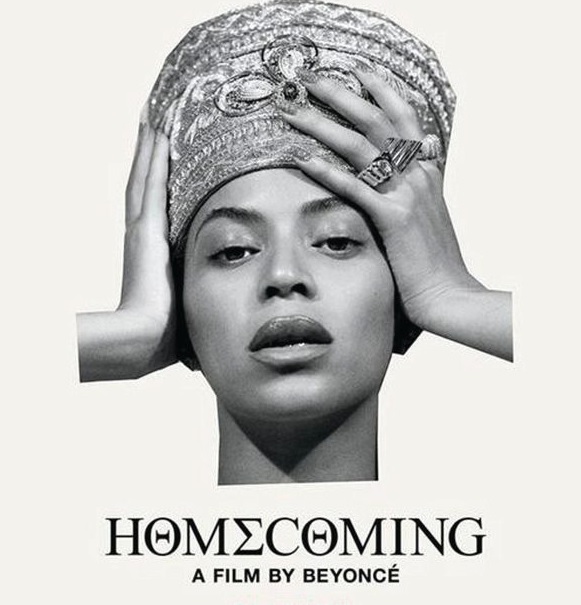
Jason 4X Rodriguez, an outreach worker in New York City, says music such as this can help change the negative course some young Black men may be on. But, he says, they need to know that they’re loved. “Once they know that they’re loved, and that they’re valuable, they’ll start seeing their value,” he said.
He said powerful imaging can be a way to help bring out of them what’s buried deep inside.
“It helps them to start analyzing and visualizing themselves, and start correcting themselves,” he said. “It starts with them asking questions of themselves and working on things of themselves so they could see them in that light.”
Willie Pettiford, who founded Voices of the Struggle, a gang-prevention program for young Black men and boys in Roxboro, N.C., says the negative influences in some rap music is one of his biggest competitors.
“[It’s] something I’ve been dealing with for the past five years, trying to give them a positive realm of life, then they go listen to the crazy stuff and it puts them back in the other realm,” he said. He believes if some of their favorite artists begin to change their lyrics, it could produce a change. But he thinks it mostly starts at home.
“It’s gonna take a lot,” he said. “You’re gonna have to work at home and in the community. But the ultimate goal, we have to paint a different picture within ourselves. I can listen to negative music and it won’t affect me at all. That’s different for a kid, so we have to continue to uplift these kids and put them in positive situations.”
Beyoncé, a reflection of a young generation
Davey D, a culture journalist and historian, has followed Black culture for many years. He says Beyoncé’s production is a reflection of what’s going on today.
“I think her audience has inspired her to move in [this] direction and I think she has a family and she herself is––and I hate to use that word ‘woke’––but is definitely wanting to do more with her platform and her art, more than just sing songs about shake your booty and what have you,” he said.
Davey D said during one of his former classes that dealt with Black female entertainers and their place in social movements, some students made it very clear about Beyoncé’s role.
“My students are big fans, but they’re very clear that she’s political because they’re political, not the other way around,” he said. “They don’t look to Beyoncé to get political sense. They don’t need to because they’re already involved. But they do look to her to reflect and be a soundtrack and be a visual representation of where they’re at.”
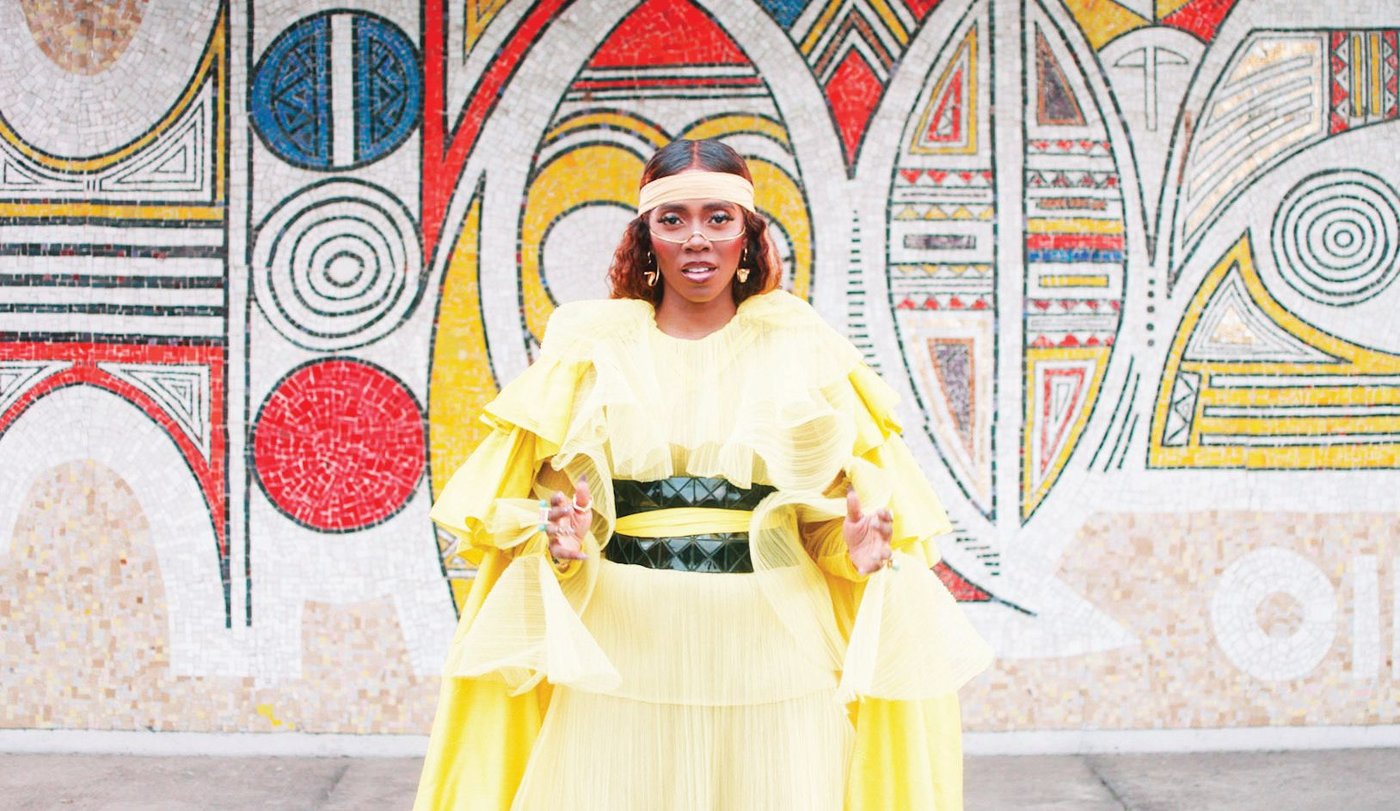
This evolution of Beyoncé in her art arguably started back in early 2016, when her song “Formation” was released. Themes throughout the song’s music video took a stance against police brutality, brought attention to the state of New Orleans, and pointed to Black economics. It blew up even more after the Super Bowl Halftime show that year, when her dancers stood in berets with fists in the air. Beyoncé’s tribute to the Black Panthers on their 50 year anniversary sent a powerful message about the direction she was headed.
Since 2016, Beyoncé has showcased the tradition of bands at HBCUs in her film titled “Homecoming,” and put Black love and challenges at the forefront in her “Lemonade” album, and again in her collaboration with her husband, Jay-Z, in the album titled “Everything is Love.” In “Black is King,” she makes a call for Blacks to return to their roots.
Felisha Monet, a popular former radio host in South Florida, hopes this theme of positive Black-centered content will continue.
“So what I hope not to happen is, it’s just a trend and it’s just now we are just doing this for a short period of time, but I don’t feel that,” she said. “I feel like there is a serious shift that’s happening. I feel there’s a seriousness and a long-term commitment from people, not just in my immediate circle, but what I’m seeing, I feel like the younger generation is tapped in to the ancestors on a whole other level, and they’re like we not playing with this.”
Davey D said the type of content that’s coming out now, specifically from Beyoncé’, speaks to a certain generation. He says he saw this while his students worked on their final, responding to critics of Beyoncé.
“There were people who were slightly older, maybe in their 30s, who just didn’t get it,” he said. “But, there were people that didn’t get Tupac when he was around. There were people that loved Rakim but didn’t get Biggie … I think Beyoncé, not only has she spoken to a particular generation, she’s managed to remain relevant without trying too hard. I think she has mastered the craft of artistic presentation.”
Even with the positive aspects of “Black is King,” the project was not without its critics. Several writers penned op-eds, while others took to social media, to express their belief that Beyoncé misrepresented Africa. One writer for the Washington Post argued that Beyoncé played into an idea, also promoted by “Coming to America” and “Black Panther,” showing “the fantasy of the African man as a powerful king, with beautiful African women serving as support staff—as wives, mothers and militaristic guardians.”
The writer argued the film “nurtures the notion that the only Black African men who deserve to be celebrated and admired are royal ones, and not the healers, the thinkers, the farmers, the craftsmen.”
Some Africans people took to social media, concerned the film would show their continent as primitive and underdeveloped.
Beyoncé also received backlash after White butlers were spotted in the “Black is King” trailer calling her racist, and accusing her of promoting Black supremacy. Many fans raced to her defense, widely citing past content where Blacks were portrayed as “the help.”
Others lashing out, because a Twitter user suggested Beyoncé should be referred to as Mama Africa. Some Africans found this disrespectful, citing the title was initially given to a South African singer named Miriam Makeba, whose music and activism was seen as a bridge connecting Africa and America.
The power and influence to help your people
Mark Harris, a filmmaker and founder of 1555 FilmWorks, has produced films that paint the Black community in a positive light. He says Hollywood has a lot of blood on their hands, by putting out images of Black people, which he believes, makes it easier for police officers to kill them in cold blood.
“We have to actually correct all the evil Hollywood has done in terms of putting out these images. We as Black artists, we have to come back and clean those images up,” he said.
Mr. Harris says more Black artists should work towards this goal, because it’s part of their responsibility.
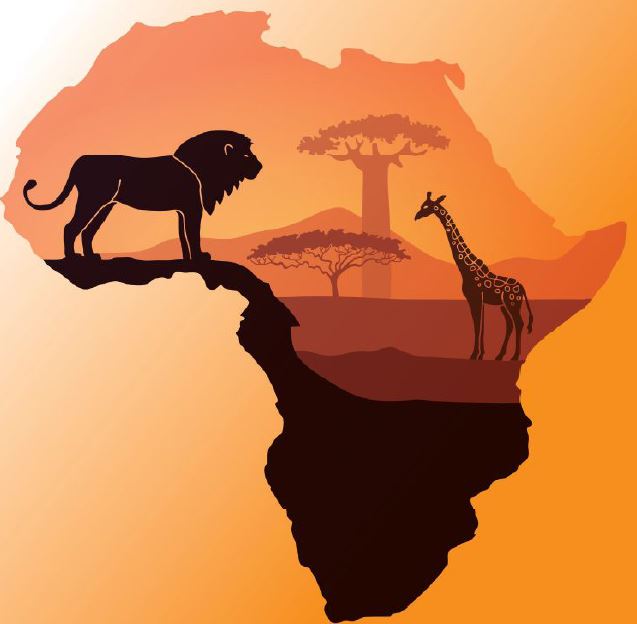
Beyoncé, Ms. Monet says, has the ability to contribute, with her far reach.
“How many artists can say they have a multi-million dollar contract to create content for a Disney Plus?” she said. “So to have somebody that is on that level be able to force images or share content that celebrate Black culture, Black men, to me, is extremely important. That’s not to say that she is the first and only one because there are people that have been doing this for years, but I feel like her status will tap into families for people that might not be familiar with other Black artists.”
One way “Black is King” was impactful, was by the many opportunities it afforded to lesser-known artists, producers, writers, and musicians.
“All those artists she put on, all those people who got production opportunities and credits and people who got to shine. She put everybody on,” Davey said.
The understanding of who Black people are
Ms. Monet says it’s important to understand the history found in “Black is King.”
“The greater impact, for me, is not just the visualness of it, but understanding what it is that you are putting out there,” Ms. Monet said. “Understanding what it is when you decide to wrap your hair … and then having teachable moments with other people.”
Ms. Monet says many of the African rituals displayed in “Black is King” began a conversation within her own household.
“I just feel like to do it just to do it will be in vain, but to do it and gain a better grasp of why people are doing what they’re doing, to me, will last a lifetime,” she said. “I would love to see all of the images of Blackness, but I would love to also see people understand and learn the power it has.”
Ms. Morrison believes Black people are still in the phase of exposing people to their power and greatness. She says the more Black people are exposed to this part of themselves and their powerful history, the more they will understand who they are.
“We’re starting to become aware of who we are, our greatness, our beauty, our smartness, I think that’s what’s happening, our resilience, that we can do this …” she said. “I think there’s history lessons tied into all of that. Us as Africans, African Americans, learning who we are, where we come from and taking pride in who we are, and where we come from and walking in that.”












